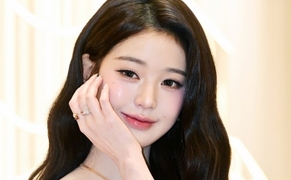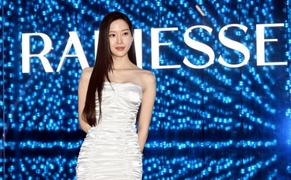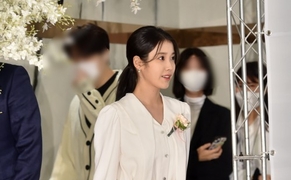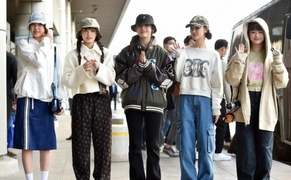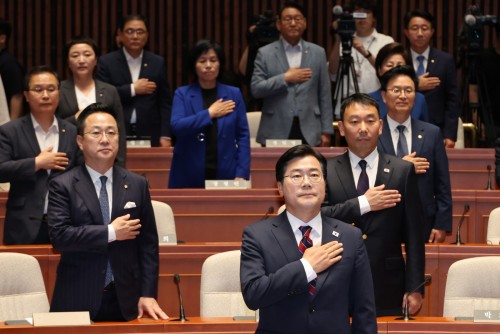 |
| Democratic Party floor leader and acting party chief Park Chan-dae, senior deputy floor leader Park Sung-joon, and other lawmakers salute the national flag during a general assembly at the National Assembly in Yeouido, Seoul, on June 5. / Source: Yonhap News |
Just days after President Lee Jae-myung’s inauguration, a heated partisan battle is already unfolding over several controversial bills, including the so-called “Lee Jae-myung trial suspension bill” and the broadcasting reform bills.
According to political sources on June 8, the ruling Democratic Party plans to push the contested bills through the National Assembly at its final plenary session before floor leader Park Chan-dae’s term ends on June 12. The party has already passed three major special prosecution bills (on insurrection, first lady Kim Keon-hee, and military death investigations) and a bill to strengthen disciplinary measures against prosecutors.
At the center of the controversy is the proposed revision to the Criminal Procedure Act—dubbed the “Lee Jae-myung trial suspension bill”—which would suspend criminal trials for sitting presidents. With President Lee’s appeals court trial for election law violations scheduled for June 18, public attention is sharply focused on the bill’s implications.
President Lee currently faces five criminal cases. He is obligated to appear at scheduled hearings this month for the election law case, as well as trials related to land development scandals (Daejang-dong, Wirye, Baekhyeon-dong) and the Seongnam FC sponsorship case. The Supreme Court had previously postponed his election law trial until after the election to ensure fair campaigning.
As Lee’s presidency begins, legal experts and politicians anticipate renewed debate over the president’s immunity from prosecution. Article 84 of the Constitution states that the president cannot face criminal prosecution while in office, except in cases of insurrection or treason. However, opinions are divided over whether this immunity applies to trials already underway before the election.
The Democratic Party is determined to push the Criminal Procedure Act revision through. If passed, Lee’s trials would be suspended or proceed without him as a defendant.
Meanwhile, the party is also advancing a set of broadcasting reform bills (Broadcasting Act, Foundation for Broadcast Culture Act, and Educational Broadcasting System Act). These bills would expand the authority to appoint board members for KBS, MBC, and EBS to include academia and civic organizations, increasing the number of board members and aiming to reduce political influence over public broadcasters.
The previous government under former President Yoon Suk Yeol twice vetoed these bills, which were originally intended to curb long-standing political patronage in the public broadcasting sector. Supporters argue the reforms will strengthen editorial independence and enhance public participation. Critics, however, accuse the Democratic Party of seeking to tighten its control over public broadcasters through pro-labor unions and political allies.
Separately, the Democratic Party is taking a more cautious approach to two other controversial bills: one that would increase the number of Supreme Court justices from 14 to at least 30, and another that would revise the election law by removing the “action” element from the false information provision—dubbed the “Lee Jae-myung shield bill.”
On June 4, the party abruptly canceled a scheduled meeting of the National Assembly’s Legislation and Judiciary Committee, reportedly in response to internal and public concerns.
Regarding the proposed expansion of the Supreme Court, Park Chan-dae, acting party leader and floor leader, said, “There has long been public demand for this reform. Given Korea’s population and case volume, it is unreasonable to expect 14 justices to handle all cases.” However, he added that the party had decided to deliberate further on the bill and that the president’s views were “naturally reflected” during recent discussions with party leaders.
Most Read
-
1
-
2
-
3
-
4
-
5
-
6
-
7

















